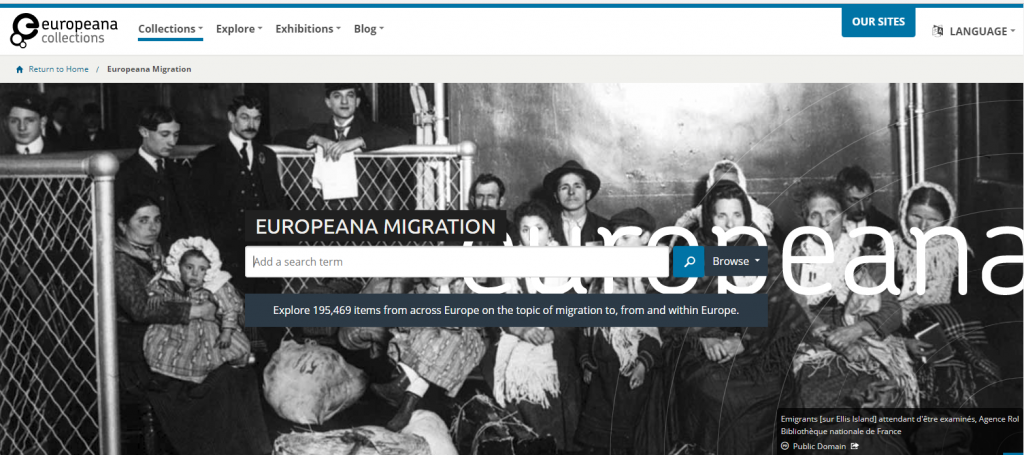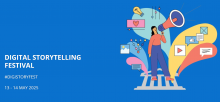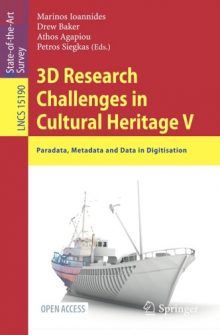2018 will be the European Year of Cultural Heritage when citizens across Europe are invited to explore what it offers in all its forms. Europeana, the digital face of Europe’s cultural heritage, partners the Year and will supply the cross-border and cross-generational element to activities.
The Year will spotlight cultural heritage as a part of people’s everyday lives, ‘where the past meets the future’; in 2018 Europeana will focus on migration to show that culture is the product of multicultural influences down the centuries – from the food people cook and eat, to the music they listen and dance, and even the clothes they wear.

Europeana invites people young and old to be part of its Europe-wide project to build an online collection dedicated to migration.
- Throughout the Year people will be able to share and upload their family stories and memorabilia online to Europeana Migration Collection– building it together with migration museums across Europe.
- All of the content on the site will relate to migration and, from photos to films and letters to artworks, it will tell the stories of the people who have journeyed to, from and across Europe, uncovering the contribution of migration to our cultural heritage.
- The items will be an important online testament to Europe’s rich history of migration, freely available for anyone to discover and use for education, research, inspiration and pleasure.
Participation activity begins in March 2018 and as the Collection builds throughout the Year people will be encouraged take part
– by exploring their cultural heritage, sharing what they discover, through exhibitions and galleries
– via social media with the hashtags #EuropeanaMigration and #EuropeforCulture
– and also through working with schools and retirement homes.
Elisabeth Niggemann, Chair of the Europeana Foundation and General Director of the German National Library, explains: ‘Europe’s cultural heritage has shaped the collective memory and identity of European citizens through the centuries. From folklore and traditions to visual arts and fashion, our diversity is an invaluable resource that can stimulate connections between people of all ages, backgrounds and cultures. Europeana and Europe’s citizens will help tell this story as part of the European Year of Cultural Heritage.’






 If you have interesting news and events to point out in the field of digital cultural heritage, we are waiting for your contribution.
If you have interesting news and events to point out in the field of digital cultural heritage, we are waiting for your contribution.
























